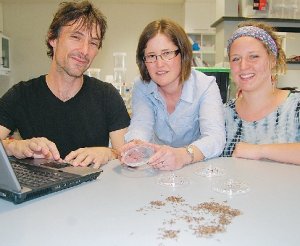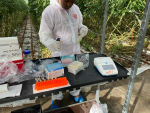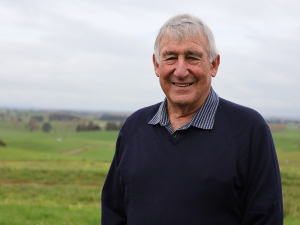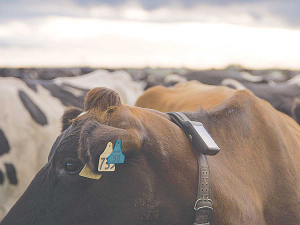GETTING RID of weeds can be a tough business: it may take years to clean up a single site. How long should a landholder keep checking for seeds that may be in the soil waiting for the right conditions to sprout?
It differs for every weed and site, so new research in Australia is seeking to develop simple tests to let land managers find answers for their circumstances.
The Seed Persistence Tool Kit is funded by the National Weeds and Productivity Research Program and managed by the Rural Industries Research and Development Corporation (RIRDC) for the Australian Government.
A recent workshop for researchers from across Australia and overseas discussed factors affecting seed longevity and dormancy, and what is needed in the new tool kit.
Lead researcher Rowena Long, University of Western Australia, says many things have to be considered.
“Research may suggest ‘weed X’ can last for so many years in the soil and still have the ability to germinate. While it’s a starting point, it doesn’t take into account climatic conditions, soil type or other factors that influence a particular site.
“Even simple things can have an impact, such as microbes decaying the seeds, or rain rejuvenating seeds that are almost dead. This is vital information if you’re a government agency wanting to know how long funding is needed to control a weed of national significance. You don’t want to spend time and money searching sites long after it’s necessary or leave before the job is done.”
Project participant Michael Renton, University of Western Australia, says computer modelling can help synthesise current knowledge about seed persistence. “Modelling can also help identify gaps in our knowledge and help prioritise further research.”
Researchers see the study allowing land managers to collect seed and soil samples, send them to a laboratory with climatic and other data, and run tests to determine how long those weed seeds are likely to persist.
The RIRDC weeds program also supports other research on seed persistence, such as continued development of the Harrington seed destructor (HSD).
Originally tested in Western Australia, the HSD destroys weed seeds such as annual ryegrass and wild oats present in chaff during harvest. It will be used in the eastern states soon.
In total, the RIRDC weeds program is paying about $A12.4 m to 50 research projects, due to report back next May.
www.rirdc.gov.au/weeds.


















